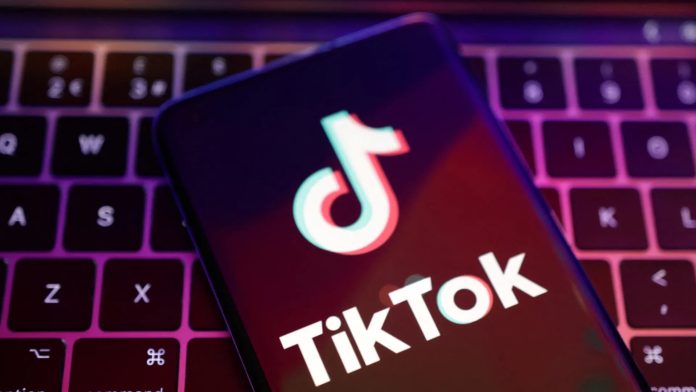TikTok, the widely used social media platform under China’s ByteDance, announces the layoffs of hundreds of employees globally, including a substantial number in Malaysia. This decision marks a shift toward greater reliance on artificial intelligence (AI) for content moderation.
Initial reports suggest over 700 job cuts in Malaysia, but TikTok later clarifies that fewer than 500 employees are affected, primarily those involved in content moderation. Sources indicate that notifications were sent via email late Wednesday.
In a statement to the media, TikTok confirms the layoffs, emphasizing that they are part of a broader initiative to enhance its content moderation capabilities. The company currently employs a mix of automated systems and human moderators to manage the content on its platform. A spokesperson states, “We’re implementing these changes to strengthen our global content moderation model.”
TikTok plans to invest $2 billion this year in global trust and safety efforts to boost efficiency, with 80% of content violating guidelines removed by automated technologies. While the exact number of global layoffs remains unspecified, ByteDance employs over 110,000 individuals across 200 cities, and further job reductions may follow as the company streamlines its operations.
Key Insights
The layoffs at TikTok bring attention to the potential impact of AI on employment, echoing trends seen in the tech industry. Kristalina Georgieva, Managing Director of the International Monetary Fund (IMF), warns that nearly 40% of jobs worldwide could be affected by AI, with 60% of jobs in advanced economies at risk. While AI may enhance productivity in some roles, it could also lead to job losses in others.
Goldman Sachs estimates that AI has the potential to replace 300 million jobs globally, impacting two-thirds of positions in the US and Europe, with a quarter of those jobs potentially becoming fully automated. OpenAI and the McKinsey Global Institute further predict that AI will affect half of the job tasks for 20% of the workforce.













